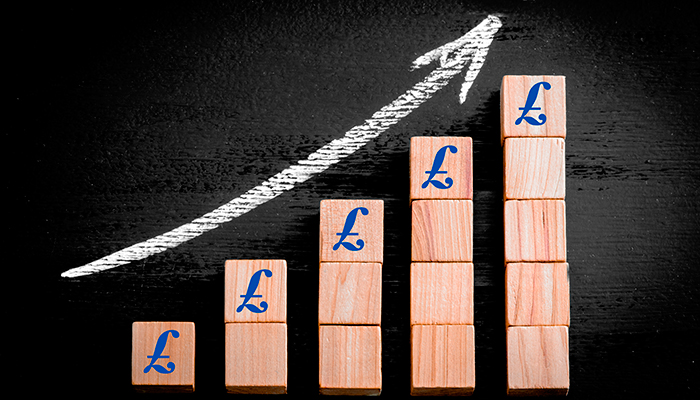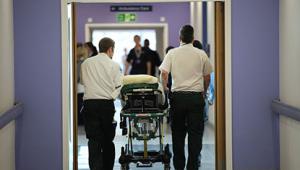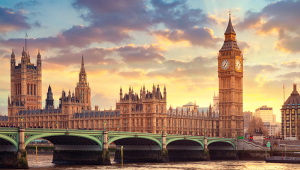
Image © iStock
The latest figures from the Office for National Statistics show quarterly GDP increased again following a rise of 0.7% between January and March, making the UK the fastest growing nation in the G7 so far this year.
Professional, scientific and technical activities contributed most to the rise in services output from April to June, growing by 2.5% in the second quarter.
The next largest contributions came from the information and communication sector, which grew by 1.7%, and transportation and storage, up 2.2%.
“The UK economy has now grown strongly for two quarters, following the weakness we saw in the second half of last year,” said ONS director of economic statistics Liz McKeown.
“Growth across the three months was led by the service sector, where scientific research, the IT industry and legal services all did well.”
However, the monthly breakdown showed growth stalling in June, with services falling after a weak month for health, retailing and wholesaling, although this was offset by widespread growth in manufacturing.
Some industries may have been affected by the general election on 4 July, the ONS said, with businesses across the economy reporting that customers had delayed placing orders until the outcome of the election was known.
Industrial action taking place at the time, for example by junior doctors, was also cited as a possible reason for reduced output.
Chancellor Rachel Reeves, who has savaged the fiscal legacy left by the outgoing Conservative government, warned that difficult times were still to come.
“We are under no illusion as to the scale of the challenge we have inherited from the Conservatives after more than a decade of low growth and a £22bn black hole in the public finances,” she said.
“That’s why we are taking the tough decisions now to fix the foundations of our economy.”
Simon Pittaway, senior economist at the Resolution Foundation, said the challenges facing the new government were illustrated by the UK’s “far less impressive” record on medium-term growth.
Since the eve of the pandemic, growth in the UK had been the second worst in the G7, he said, and, when accounting for rapid migration-driven population growth in recent years, GDP per capita was worse now than before Covid-19.
“Britain’s medium-term record is far less impressive and has been driven by a growing population rather than rising productivity,” he said.
“Without a return to productivity growth, living standards will continue to stagnate and Britain will continue to fall behind its peers.”
Alfie Stirling, director and chief economist at the Joseph Rowntree Foundation, said the government would find it harder to meet its objective for growth if it failed to address the fundamentals of household economic security.
“If families don’t have the cushion they need to be healthy and productive, and a secure home from which to plan ahead and withstand setbacks, they will spend less and take fewer risks to invest in a better future,” he said.
“The economic potential of a country rests in large part on unlocking the potential of its people, not just the cheque books of business.
“Unless the foundations of vibrant public services, homes and a strong income safety net are prioritised, growth will likely be more fleeting, more brittle and more exposed to the next economic shock.”











